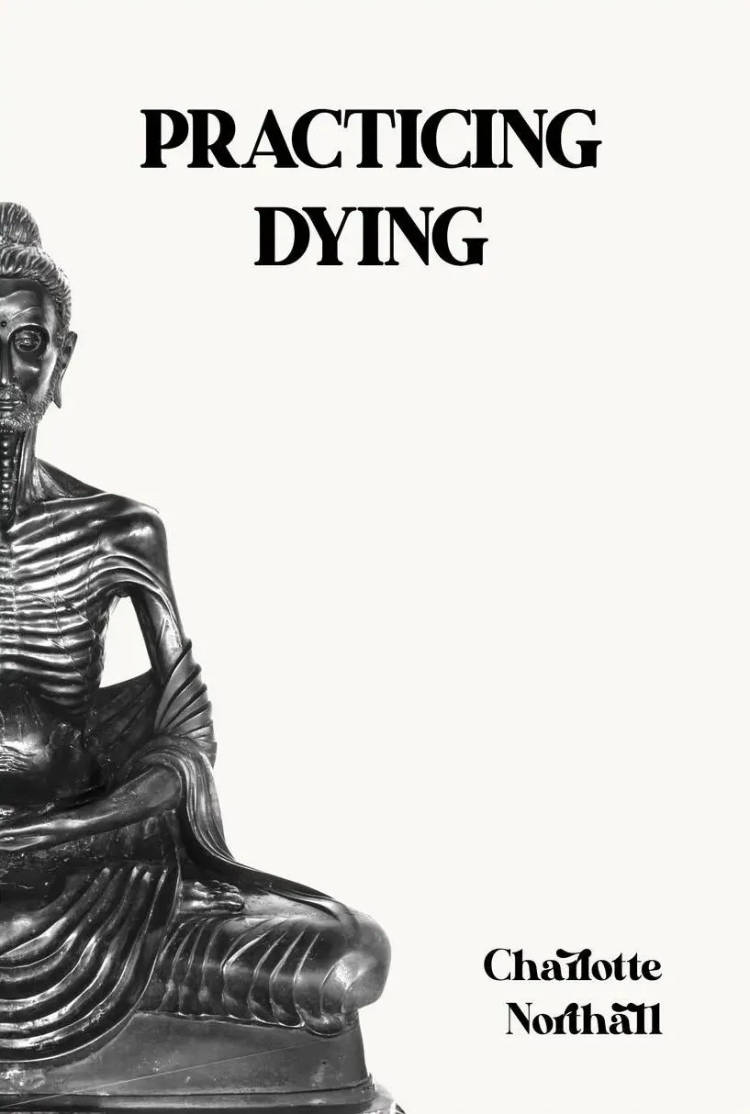
Airless Spaces
Shulamith Firestone was twenty-five years old when she published The Dialectic of Sex, her classic and groundbreaking manifesto of radical feminism, in 1970. Disillusioned and burned out by the fragmented infighting within the New York City radical feminist groups she’d helped to found, when her book hit the bestseller lists, Firestone decided against pursuing a career as a “professional feminist.” Instead, she returned to making visual art, the profession that she’d trained for. She wouldn’t publish anything again until Airless Spaces, in 1998.
Long before her first hospitalization for paranoid schizophrenia in 1987, Firestone had fallen off the grid and into precarity and poverty. For the next decade, she would move in and out of public psychiatric wards and institutions. Conceived as a series of vignettes about institutions and identity, Airless Spaces is a subtle and deeply literary work. Embedded as a participant-observer, Firestone moves beyond the spectacular and frightening surfaces of institutional life to record individual lives and acts of cruelty and kindness. The existence that she depicts is a microcosm of the world beyond.
After they raised her dose to 42 mg. of Trilafon, Lucy very nearly fainted. She felt a rush of bad sensation comparable to her mental telepathy when her grandmother died. ... But there was a good aspect to fainting too. As she was about to lose consciousness, she felt an overwhelming relief. The black velvety edges of the swoon. If only she could faint all the way, black out, and never wake up again ...
Introduction by Chris Kraus
Afterword by Susan Faludi







